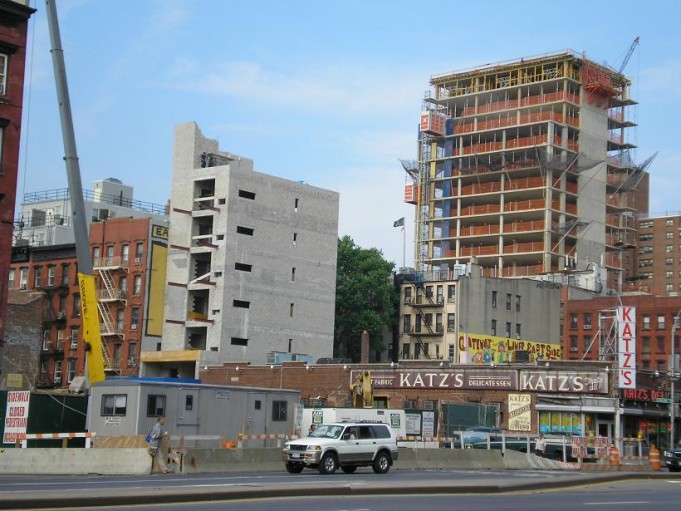Yesterday, I received a post from a friend about a Black church in Oakland, California, that was being fined $3,500 by neighbors for its choir’s loud singing. This church has been in the West Oakland community for 65 years but with the astronomical cost of housing in the San Francisco Bay Area (and other central urban areas in the United States), traditional African American (and Latino) communities are experiencing gentrification. The “new neighbors” seem to find the “joyful noise” annoying and want the church to pipe down!
The issue of Pleasant Grove Baptist Church is much bigger than its noise level. It is about the ways that young urban professionals, hipsters, or “new neighbors” are changing the character and composition of what were traditionally communities of color. No one is suggesting that whites cannot move into any neighborhood they so choose. Rather, why is it that their movement almost always displaces those who were there before and is accompanied by a sense of entitlement to make over the community in their image?
Filmmaker Spike Lee offered what some called a tirade about the way his Brooklyn community was experiencing gentrification. His point was that before certain people moved into the community, the trash was not picked up on a regular basis, the police did not regularly patrol, and the “new people” get to set the rules. One rule in particular concerns noise. Lee’s father, who is a musician, was cited for creating a nuisance for playing his acoustic bass. The senior Mr. Lee has owned his home since 1968 — 47 years! Yet, his new hip neighbors insist that he is too noisy and they operate with the full force of the law on their side.
What is happening in Oakland and Brooklyn is also happening in Harlem, Chicago, Detroit, San Francisco, DC, and East Palo Alto, California, to name a few. What had been communities that were home to our beauty parlors and barber shops, sandwich shops and chicken shacks, music stores and black-owned bookstores, funeral parlors and churches have now become the places to pick up over-priced coffee drinks, home improvement items, and Scandinavian furniture. Rents are astronomical and our ability to live, love, and celebrate in ways we have always done are de-legitimized. Lee referenced the Fort Green, Brooklyn, community’s proposed celebration of the life of Michael Jackson where their new hipster neighbors complained that such a celebration would bring a lot of “different” people to “their” neighborhood. In San Francisco’s Mission District, hipsters ride private buses with specially built bus kiosks that take them down the peninsula to their Silicon Valley jobs. However, when they arrive back home they expect to dominate soccer fields that Latino children that have played in for years. In at least one confrontation over the use of a neighborhood field, the hipsters told the Latino boys that they had “reserved” the park through the city so they did not have to share the space. In East Palo Alto, what once was the nation’s “murder capital” is now filled with gated communities with housing prices approaching $1 million. Needless to say the long-standing African American community is being pushed eastward to cities like Union City, Hayward, and San Leandro.
This displacement and gentrification is sometimes called “columbusing” — a term that refers to the phenomenon of claiming to have discovered something when others were already there. The total disregard for the traditional residents and their wishes is happening all across the nation. Unlike their white counterparts, black and Latino families rarely establish neighborhoods with covenant restrictions that keep individual families from engaging in certain lawful activities like outdoor grilling, throwing a party, parking on the streets, or having outdoor celebrations. Instead, most of the neighbors I have had while living in black communities typically alerted us to impending parties or other celebrations. Even better, they almost always invited us to those celebrations. Now, living in a predominately white community, I learned that I was not permitted to hang my laundry outdoors or mow my lawn before 7 a.m. It would never occur to me to change the rules of the neighborhood I MOVED into that was not a neighborhood I helped established.
I hope that Pleasant Grove Baptist Church will stand its ground and continue to make a “joyful noise unto the Lord!” I hope that perhaps the “shame factor” will persuade them that their complaints make them look like what they are — privileged and entitled.




























